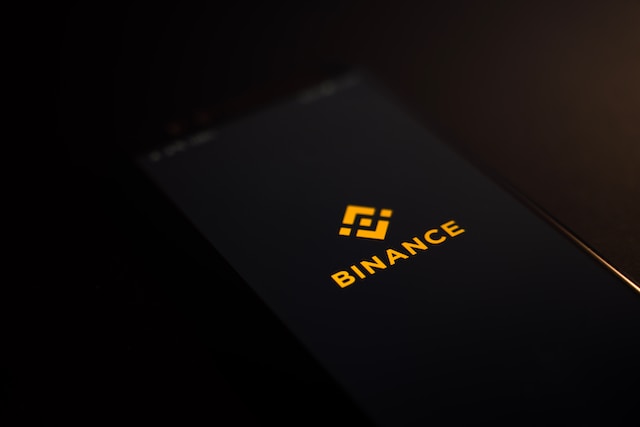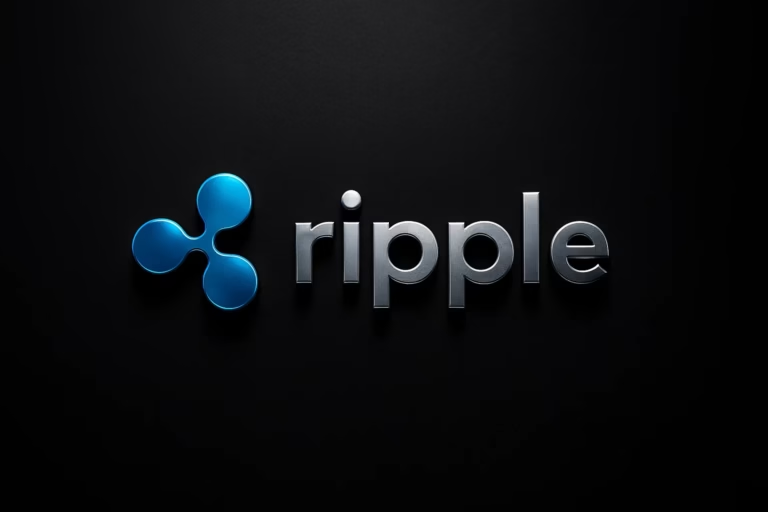
- The U.S. District Court dismissed SEC claims against Binance regarding secondary sales of BNB, ruling they did not constitute unregistered securities offerings.
- This decision underscores ongoing challenges in applying securities laws to cryptocurrency markets.
In a significant legal development, the U.S. District Court for the District of Columbia has made a pivotal ruling in the ongoing lawsuit between Binance and the U.S. Securities and Exchange Commission (SEC). The court’s decision marks a crucial victory for Binance, dismissing key SEC claims related to the sale of Binance Coin (BNB).
The SEC had alleged that secondary sales of BNB, conducted by parties other than Binance itself, constituted unregistered securities offerings under the Securities Act. However, the court found insufficient evidence to support these allegations, emphasizing that such transactions did not meet the criteria for securities transactions.
🚨 Judge dismisses SEC's claim that Binance's BNB secondary sales, under CEO Changpeng Zhao's leadership, qualify as securities under Howey Test, citing economic reality of token transactions. Victory for Binance amid ongoing regulatory scrutiny. #Binance #CZ #Crypto #SEC pic.twitter.com/fd5de8ED49
— Collin Brown (@CollinBrownXRP) June 29, 2024
This ruling underscores the complexity of applying traditional securities laws to digital assets, highlighting the evolving regulatory landscape surrounding cryptocurrencies. It sets a precedent regarding the distinction between primary and secondary market sales of digital tokens, potentially influencing future regulatory decisions in the industry.
Clarification on Legal Standing
The court’s decision not only addressed the SEC’s claims regarding BNB secondary sales but also scrutinized allegations concerning Binance USD (BUSD), the stablecoin issued by Binance. The SEC had accused Binance of violating Sections 5(a) and 5(c) of the Securities Act by offering and selling BUSD without a proper registration statement.
Comparison to Ripple Case
Drawing parallels with the SEC’s lawsuit against Ripple, where distinctions were made between different types of XRP sales, this ruling highlights a similar trend. It reflects the courts’ cautious approach in categorizing digital assets under securities laws, depending on the nature of the sales involved.
Ongoing Implications
Despite this partial victory for Binance, the legal battle with the SEC continues, with significant allegations still in play. The outcome of this case could establish critical precedents for cryptocurrency exchanges, shaping their regulatory obligations and market practices under U.S. securities laws.
The next court hearing in this closely watched case is scheduled for July 9, 2024, underscoring its ongoing significance for the cryptocurrency industry. As the case unfolds, stakeholders await further clarity on how regulatory frameworks will evolve to accommodate the complexities of digital assets.
In conclusion, the court’s dismissal of certain SEC claims against Binance regarding BNB sales marks a notable legal victory. It underscores the challenges regulators face in applying traditional securities laws to emerging technologies like cryptocurrencies. As the regulatory landscape continues to evolve, such cases serve as pivotal moments in shaping the future of digital asset markets worldwide




